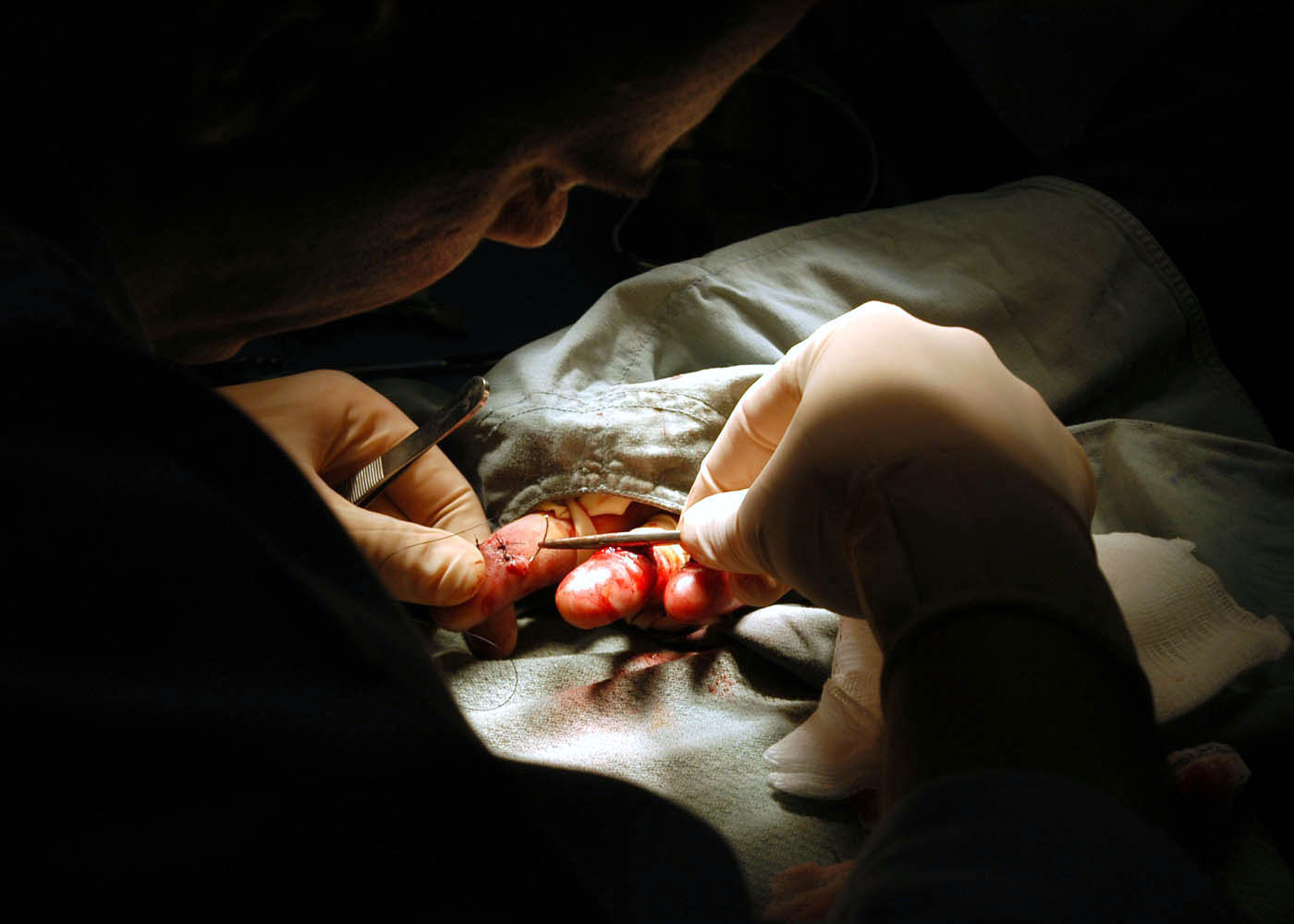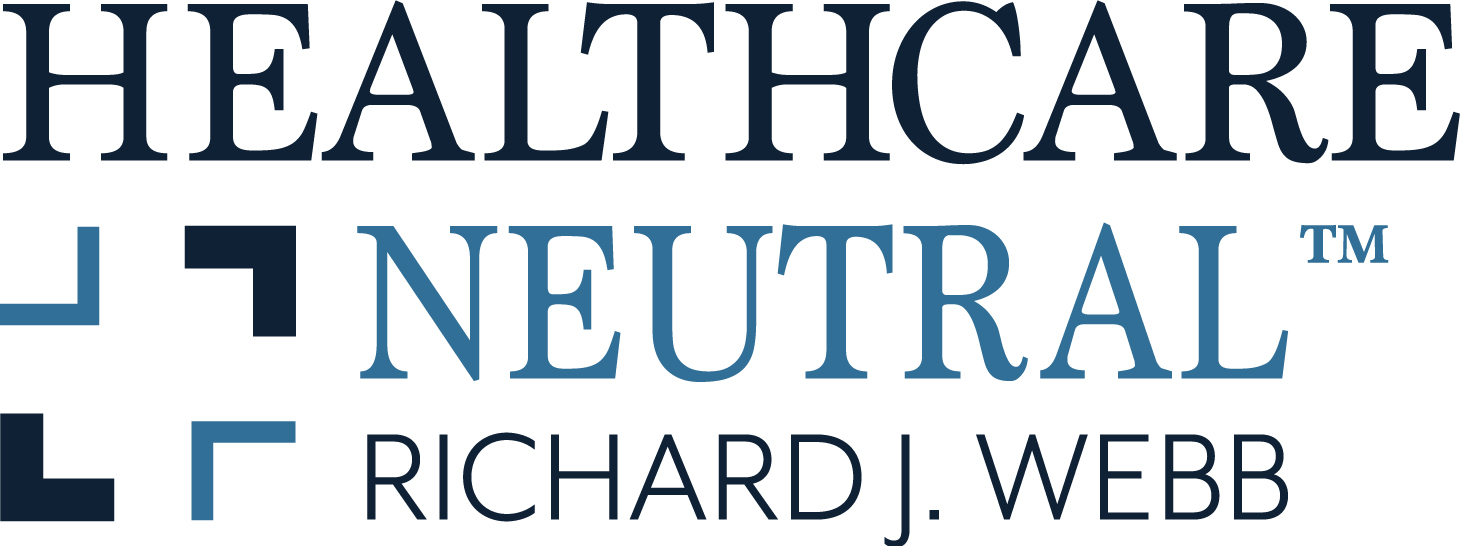
Hospitals Must Develop Sustainable ER On-Call Programs (Did you want to keep that finger?)
February 19, 2008
[Image: Hospital Corpsman sutures a patient\’s hand. Photo by Dexter Roberts, May 31, 2005]
I recently wrote here that the Report of the New Jersey Commission On Rationalizing Health Care Resources (the “Reinhardt Commission Report”) suggested three areas for collaboration between hospitals and their medical staffs that would be challenging, but worthy of pursuit. Among them, the need to develop a mutually acceptable and enforceable program of Emergency Department coverage, jumped off the pages of the AHLA Health and Life Sciences Law Daily (members only) today in the form of an article by Ann Wlazelek in The Morning Call. The story, “Doctors\’ stance leaves hospital shorthanded,” tells the tale of a failed negotiation between management at Lehigh Valley Hospital and a group of specially trained hand surgeons to continue the surgeons\’ on-call coverage at the Hospital\’s Cedar Crest emergency room in Allentown, Pennsylvania.
The Reinhardt Commission Report (at pages 125-126) offers a concise explanation of the problem: hospitals by law must provide around the clock care in their emergency departments that includes a variety of specialized physicians\’ services, while the obligation of members of their medical staffs to provide those services is limited, unclear and difficult to enforce. Most of the potential fixes for this problem suggested by the Report are outside the power of any one hospital to accomplish (e.g., standardized regulatory mandates for physician coverage, increased Medicaid payments to physicians, regional coordination of services into Centers of Excellence). The clear message in this portion of the Report is that each hospital faces unique circumstances, and must find its own way to solve the on-call problem.
I don\’t know anything about the situation of the Lehigh Vally Hospital hand surgeons other than what I read in The Morning Call. What I can tell is that each of the parties has adopted and stated a position that it will not relinquish. The Hospital\’s position is that it must be able to determine the nature and scope of the services it will offer in its emergency department, and that members of the Hospital\’s medical staff must provide all necessary on-call services as a condition of their staff membership. The hand surgeons\’ position is that they should not have to provide on-call services to patients from a great distance away who could have been treated by other qualified surgeons in their own area.
Although these positions appear to be irreconcilable, I wonder if the parties have explored and shared their respective interests. The Hospital\’s interests might include:
1- securing necessary medical expertise in the emergency department 24/7/365;
2- retaining the ability to determine the nature and scope of the services it will offer;
3- maintaining a medical staff rule for on-call coverage that is fair, reasonable and perceived as such; and
4- operating cost effectively.
The interests of the hand surgeons might include:
1- limiting their on-call coverage to patients who truly require their expertise;
2- preserving the scheduling integrity of their regular office and surgical practice; and
3- defining an on-call coverage obligation that is equitable when compared with other members of the medical staff.
I doubt that either party would object to the other\’s statement or attainment of their respective interests. Might it then be possible for all or most of these interests to be accommodated within a comprehensive solution to the parties\’ on-call coverage problem? I think it would. I suspect this has not happened because the parties have not attempted to do it. Instead, the hand surgeons are off the medical staff and the Hospital is about to spend a lot of money to recruit a hand surgeon who cannot possibly cover the emergency department 24/7/365. Everybody loses.
Hospitals in New Jersey and elsewhere can reach a better result if they work with their medical staffs to fashion solutions that address not their stated positions on this issue, but their respective, legitimate interests. A mediated process of collaboration can create opportunities that otherwise will be missed.
